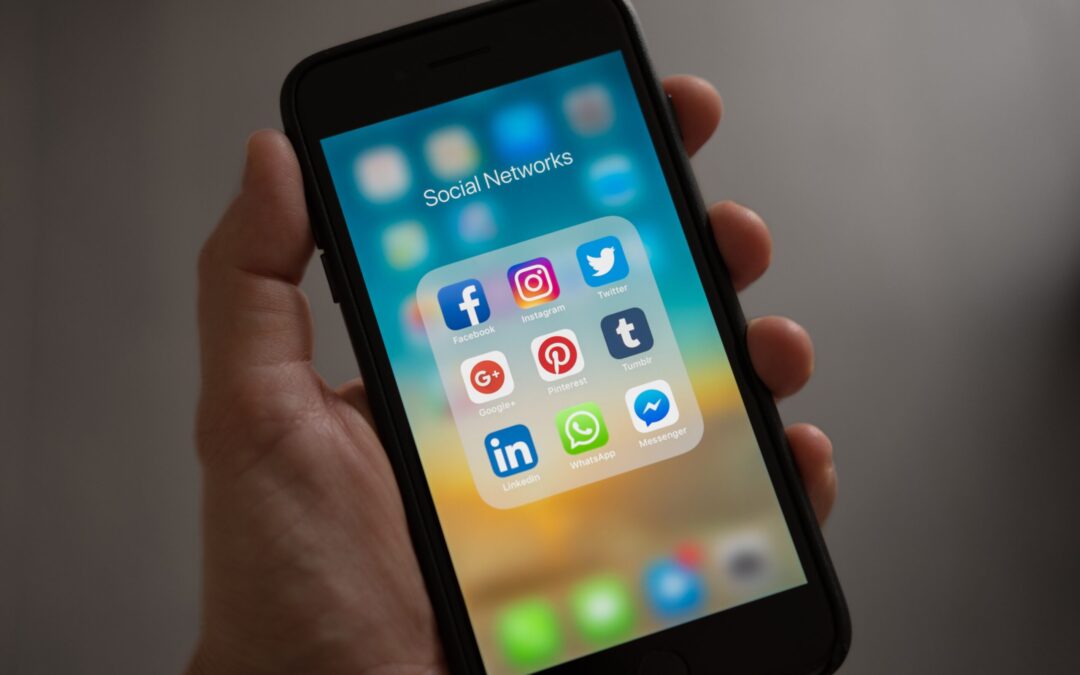Social media have an impact on our everyday lives. There are plenty of positive sides to using social media, such as expressing our creativity, keeping in touch with our friends and family, and watching memes that make us laugh. However, unfortunately, there are also many opposing sides to using social media every day. Some of these are: comparing ourselves to others; spending time on social media leads to procrastination, might lose focus and miss deadlines; we often have trouble sleeping because we are checking social media.
The isolation during the Covid-19 pandemic in 2020 caused an increase in mental health issues. Social media have noticed that. Many made some moves to prevent their users from succumbing to mental problems. This article will discuss social media creators’ steps to avoid mental problems.
Since October 2020, Twitter has started to deal with hate speech and racism. Their automated tools detect and remove racist and offensive Tweets. They also remove reported Tweets from Twitter users and suspended accounts. And that is great.
Yet, remember that students may look for diverse opinions on this platform while writing an essay on any topic. That also includes the matter of students’ mental health issues. They should use verified sources regarding this delicate topic, and WritingBros is one of them. This platform features many essays covering mental health topics and American fake news essays that will help them distinguish between real and fake news. Many students use these essay examples to research related topics.
Nothing can upset us more than abusive comments or messages. Luckily, Instagram has found a way to deal with cyberbullying. They disable every account that sends abusive messages. They also give users the ability to filter comments and messages. Messages from people who don’t follow us will automatically go to message requests. Instagram also deals with eating disorders and negative body image. Everyone who searches about eating disorders will get the opportunity to find advice from experts, such as the National Eating Disorders Association.
Instagram also features a Guide. This feature gathers profiles that work with mental health organizations. A Guide profiles offer users advice on managing their mental health and practicing mindfulness.
This social media can offer two effective options to users who care about mental health. One is the Emotional Health Resource Centre which uses resources from mental health experts. On this page, users can get information about anxiety, stress, depression, and many other upsetting emotions.
Facebook has also developed a Facebook Watch Show named “Peace of Mind with Taraji.” This show is based on discussions between actress Taraji P. Henson and her best friend, Tracie. They talk about mental health issues revealing the personal stories of the Black, Indigenous, and people of color (BIPOC) community. In every episode, they host another expert, such as a doctor, therapist, and other celebrity guests. The show gathers 11.8 million followers worldwide and helps people work through their mental health issues.
This fantastic platform gathers creative people and those who want to become creative. Pinterest creators also think about users’ mental health. They collaborated with #HalfTheStory, a non-profitable organization that deals with digital well-being through education, advocacy, and resources. If you check this hashtag, you will find many posts and videos about mental health, such as five ways to gamify digital well-being habits at home or the secret to supporting kids on social media. Pinterest donated ad credits on their platform to motivate people to check #HalfTheStory.
This app also provides its users with Compassionate Search. This feature detects mental health and emotional-related search and offers support and well-being practices made by experts. It also gives direct access to suicide prevention lifelines.

Related articles:
- Make Social Media Work For (Rather Than Against) Your Mental Health
- Findings of a Connection Between Time Spent on Devices and Mental Health Problems
Conclusion
Modern times have given us social media and problems caused by social media. Luckily, some social platforms pay attention to their users’ mental health. These platforms offer pieces of advice on how to deal with negative emotions. Some of them teach us how to prevent mental health issues. Others protect us from hate speech, body shaming, and abusive messages.
Social media bring us closer to our friends and family, make us laugh, gives us creative and exciting ideas, and even provide job offers. And we keep using them. However, we need to learn to use them as support for mental health issues. Only then will we use their full potential.
Author’s bio:
Cory Shilling is a freelance content writer. She works with numerous online publishers. Percy always delivers practical and delicate advice to her readers as a writer. Her articles rely on deep research and authentic sources of information.

